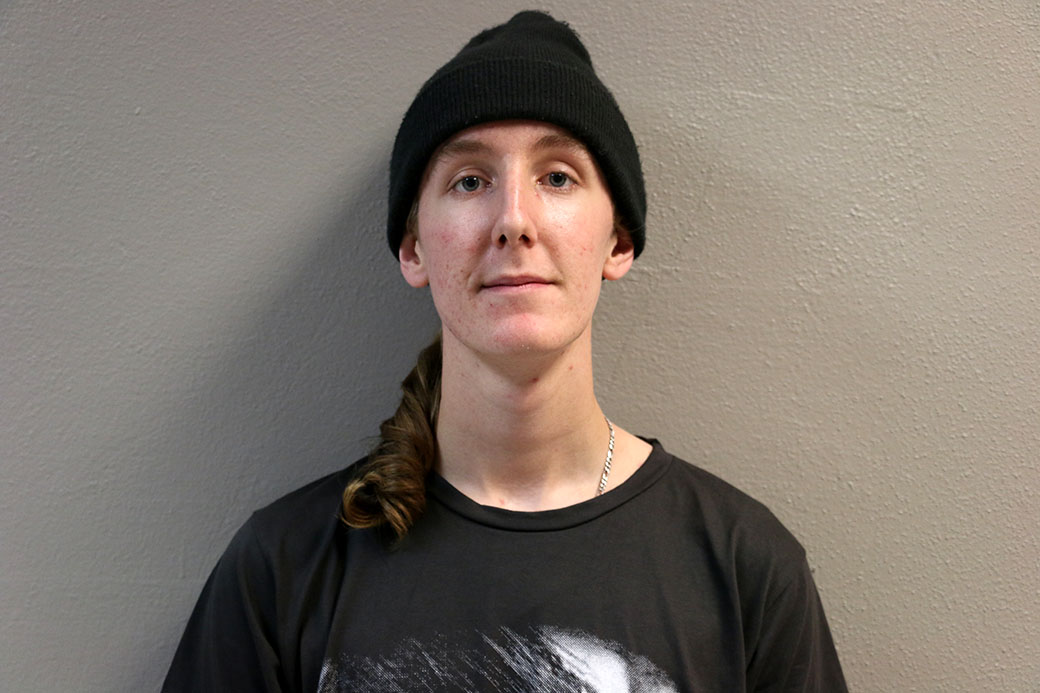
Head-to-head: Drug testing welfare recipients with resonable cause is beneficial, not a waste of state money
South Dakota’s state legislature recently voted against a bill that would require all welfare recipients to pass a drug test in certain situations before receiving public benefits.
House Bill 1174, introduced by Rep. Nark Venner, would’ve mandated welfare recipients to pass a drug test based on reasonable cause.
While this bill won’t go into effect, it creates a new angle on the debate surrounding drug testing welfare recipients.
Opponents of this practice often point to examples where bad policy has led to bad results. For example, Oklahoma, between 2012 and 2014, had 279 welfare recipients test positive for drugs, while the state paid an immense amount of cash to implement the program.
This bill, however, didn’t have the unique provision that South Dakota’s bill contained: the phrase “based on reasonable cause.”
In Utah, 29 welfare recipients tested positive for drugs out of the 9,552 total applicants. This cost the state $64,000. This bill, again, was missing the important phrase.
Utah, Oklahoma and many other states have one flaw in their legislation: the drug tests they administer are baseless and are administered without probable cause.
This leads to two problems. The first problem is whether or not these programs violate the Constitution. In Florida, a federal appeals court struck down a 2011 law that mandated welfare recipients in Florida be drug tested. The court said the state didn’t show more prevalent drug use in welfare applicants than the general population. So, these searches had no cause, making them illegal.
The second problem is the amount of money states waste on these programs. Utah and Oklahoma aren’t outliers in this case.
The large sums of money these states spend on these failing programs’ funds often get pulled from welfare and Medicaid budgets, as was the case in Oklahoma.
When drug tests are administered based on probable cause, the results are much more likely to be successful. States will not have to battle courts or fear violating civil rights, nor will states have to waste large sums of money on unsuccessful programs.
Using probable cause brings a happy medium that everyone can appreciate: the taxpayers can have more confidence in where their tax dollars are going.
